Explore Our Ingredients
Our bars are crafted with nutrient-dense, carefully selected organic ingredients - free from artificial fortification, synthetic vitamins, minerals, or additives. We trust in the power of natural, whole foods to deliver balanced, wholesome nutrition.
Thoughtfully designed to support you through every phase of your cycle, each bar is intentionally formulated to align with your body’s natural rhythms, offering the nourishment you need, precisely when you need it.
Inspired by the wisdom of traditional Chinese medicine, we incorporate principles of ancient healing practices to create harmony between mind, body, and nature.
-
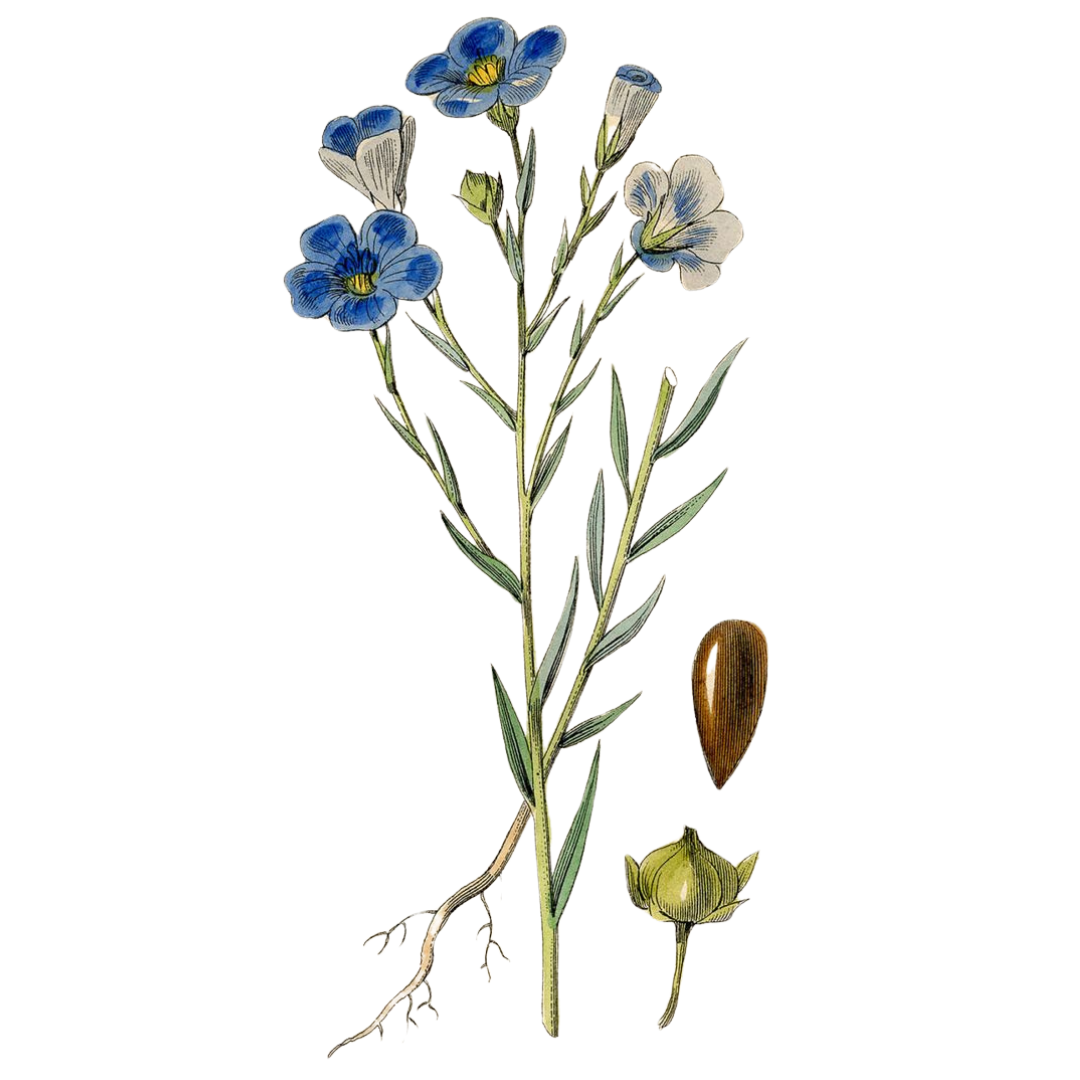
Flax Seeds
History:
Traditional Benefits:
Nutrients:
Read moreUsed in:
Moonchy Bars Sample Box - 8 Bars To Try Each Of Our 4 Flavors Moonchy Bars Full Cycle Package - 32 Bars For Every Day Of The Month Moonchy Berry Quinoa Box (8 Bars) Moonchy Hazelnut Crunch Box (8 Bars) -
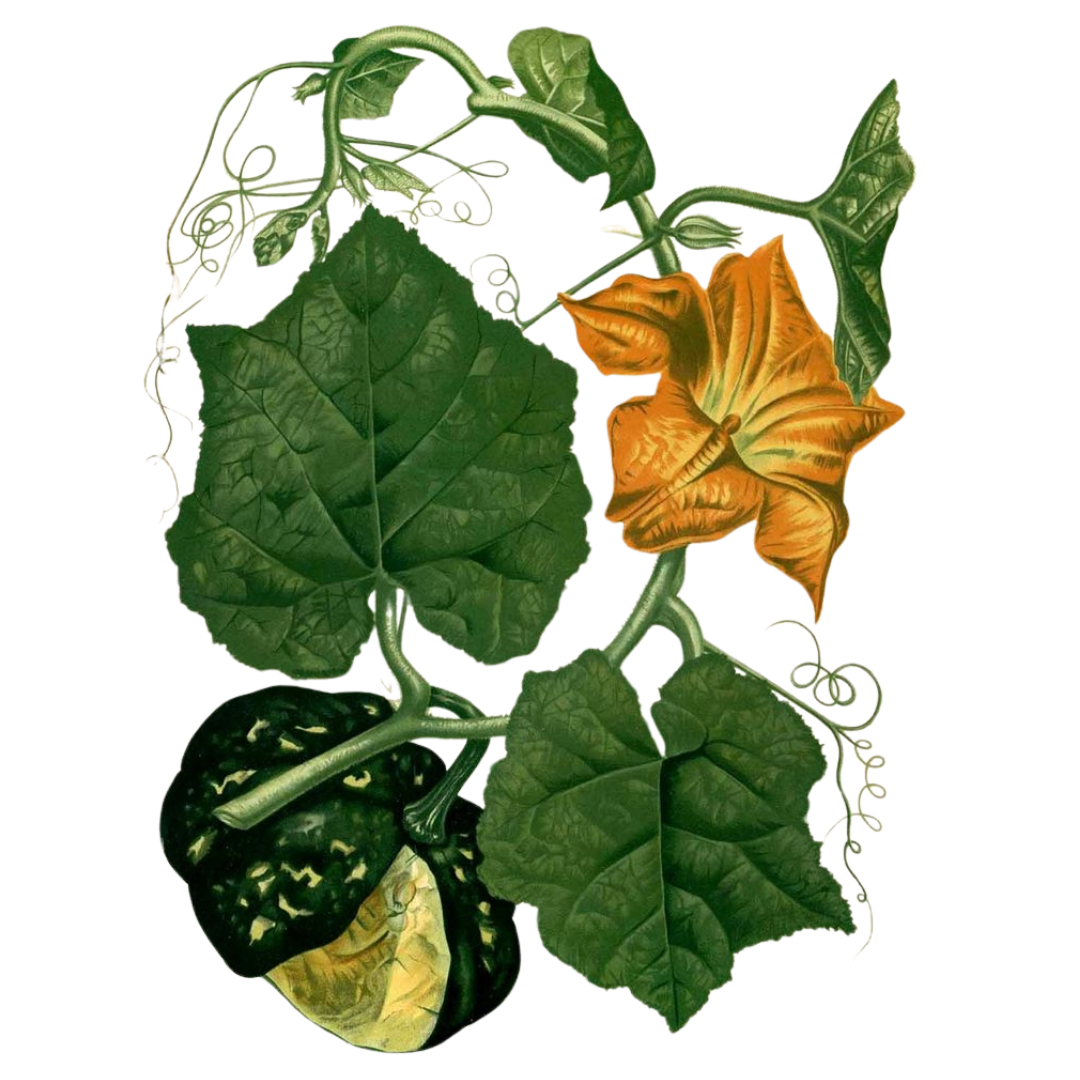
Pumpkin Seeds
History:
Traditional Benefits:
Nutrients:
Read moreUsed in:
Moonchy Bars Sample Box - 8 Bars To Try Each Of Our 4 Flavors Moonchy Bars Full Cycle Package - 32 Bars For Every Day Of The Month Moonchy Berry Quinoa Box (8 Bars) Moonchy Hazelnut Crunch Box (8 Bars) -
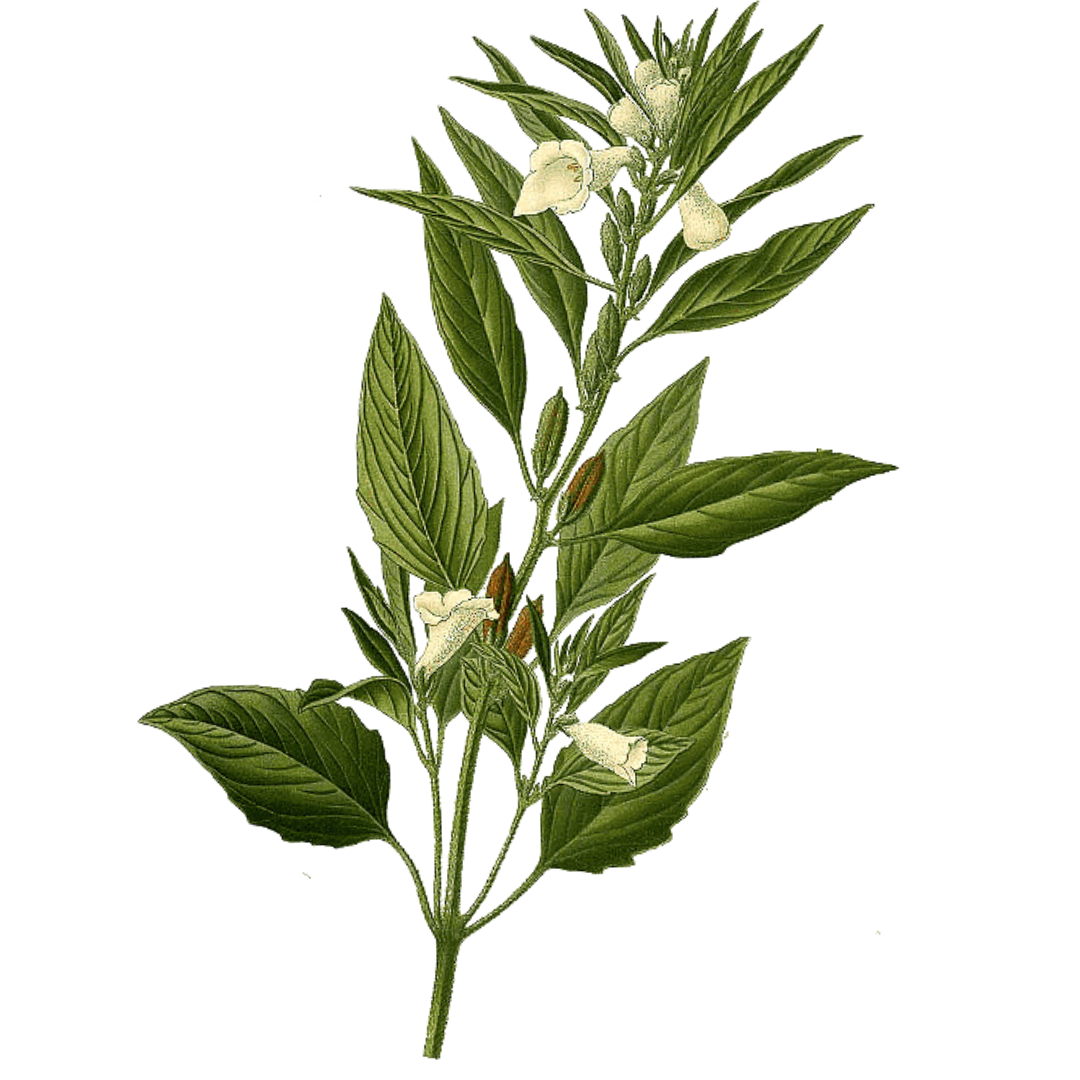
Sesame Seeds
History:
Traditional Benefits:
Nutrients:
Read moreUsed in:
Moonchy Bars Sample Box - 8 Bars To Try Each Of Our 4 Flavors Moonchy Bars Full Cycle Package - 32 Bars For Every Day Of The Month Moonchy White Nougat Box (8 Bars) Moonchy Orange Goji Box (8 Bars) -
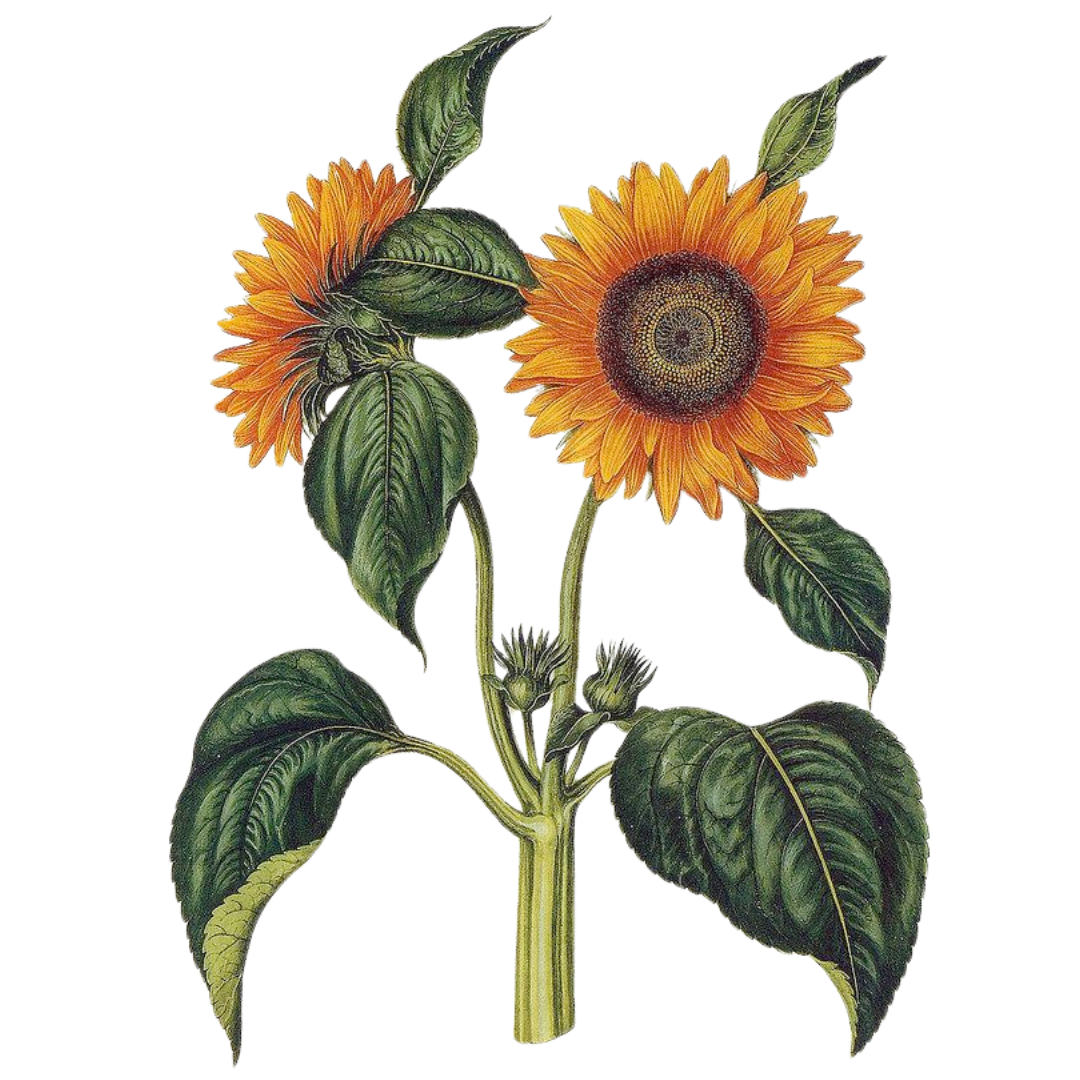
Sunflower Seeds
History:
Traditional Benefits:
Nutrients:
Read moreUsed in:
Moonchy Bars Sample Box - 8 Bars To Try Each Of Our 4 Flavors Moonchy Bars Full Cycle Package - 32 Bars For Every Day Of The Month Moonchy White Nougat Box (8 Bars) Moonchy Orange Goji Box (8 Bars) -
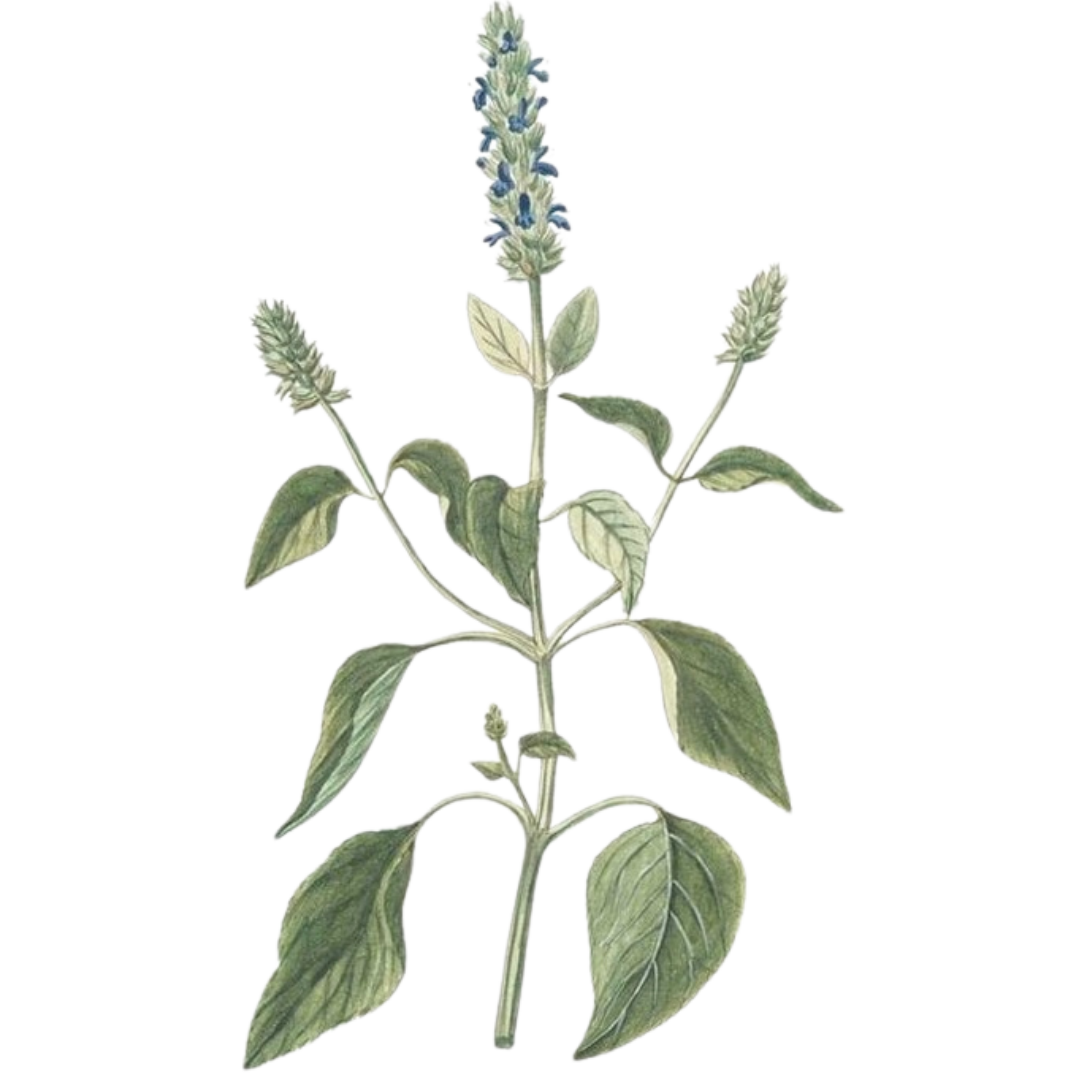
Chia Seeds
History:
Traditional Benefits:
Nutrients:
-
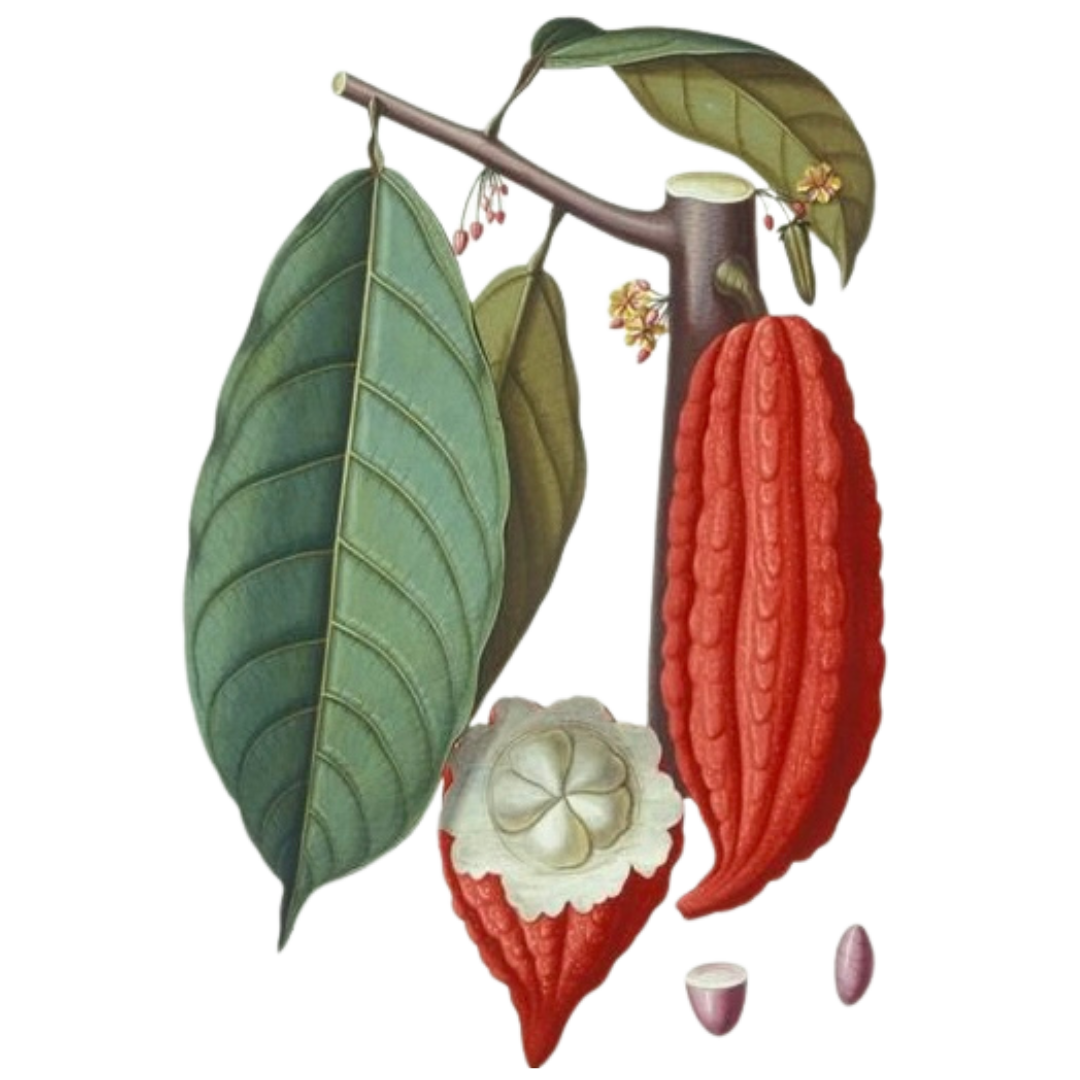
Cacao Beans
History:
Traditional Benefits:
Nutrients:
-

Ashwagandha
History:
Traditional Benefits:
Nutrients:
-
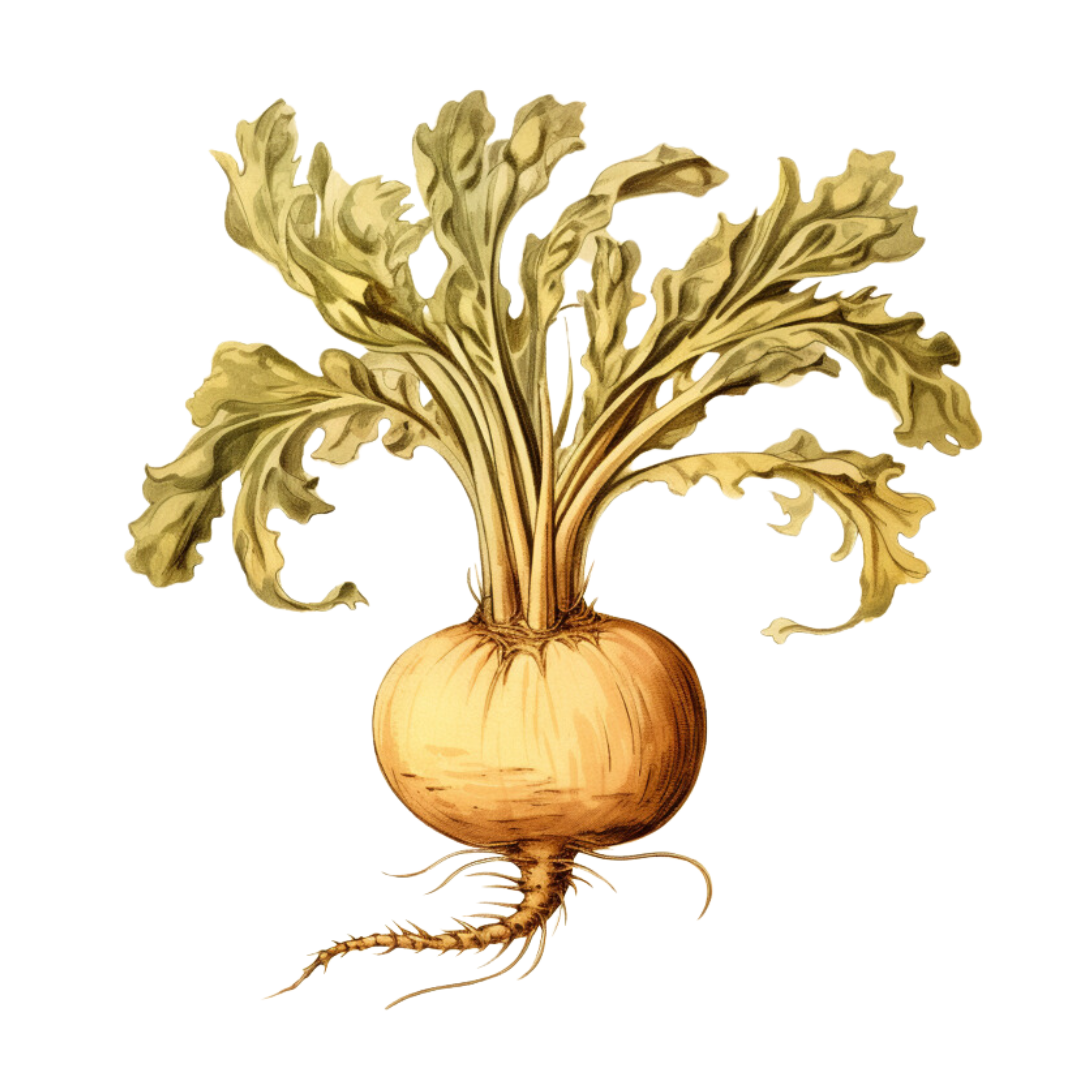
Maca Root
History:
Traditional Benefits:
Nutrients:
-
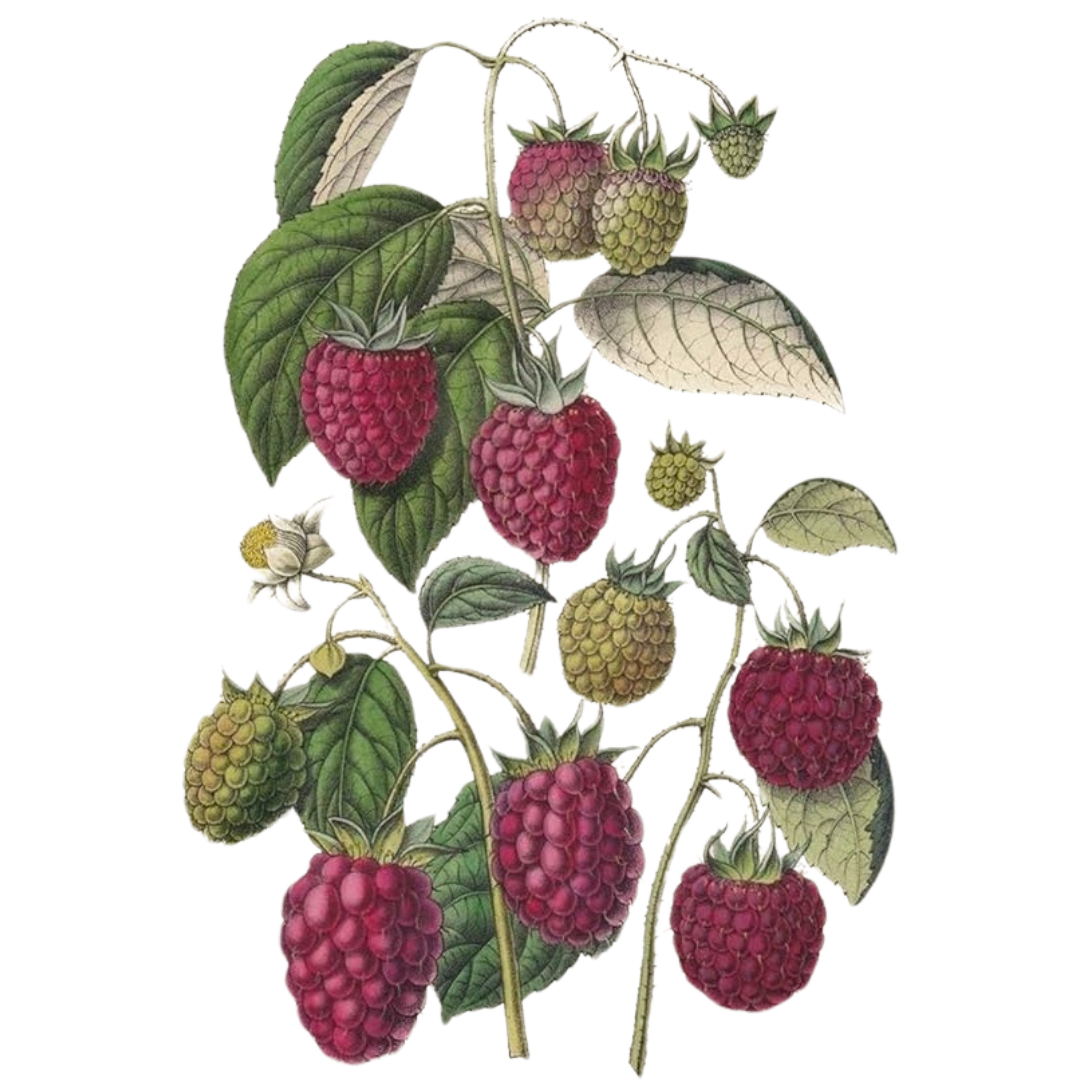
Raspberries
History:
Traditional Benefits:
Nutrients:
-
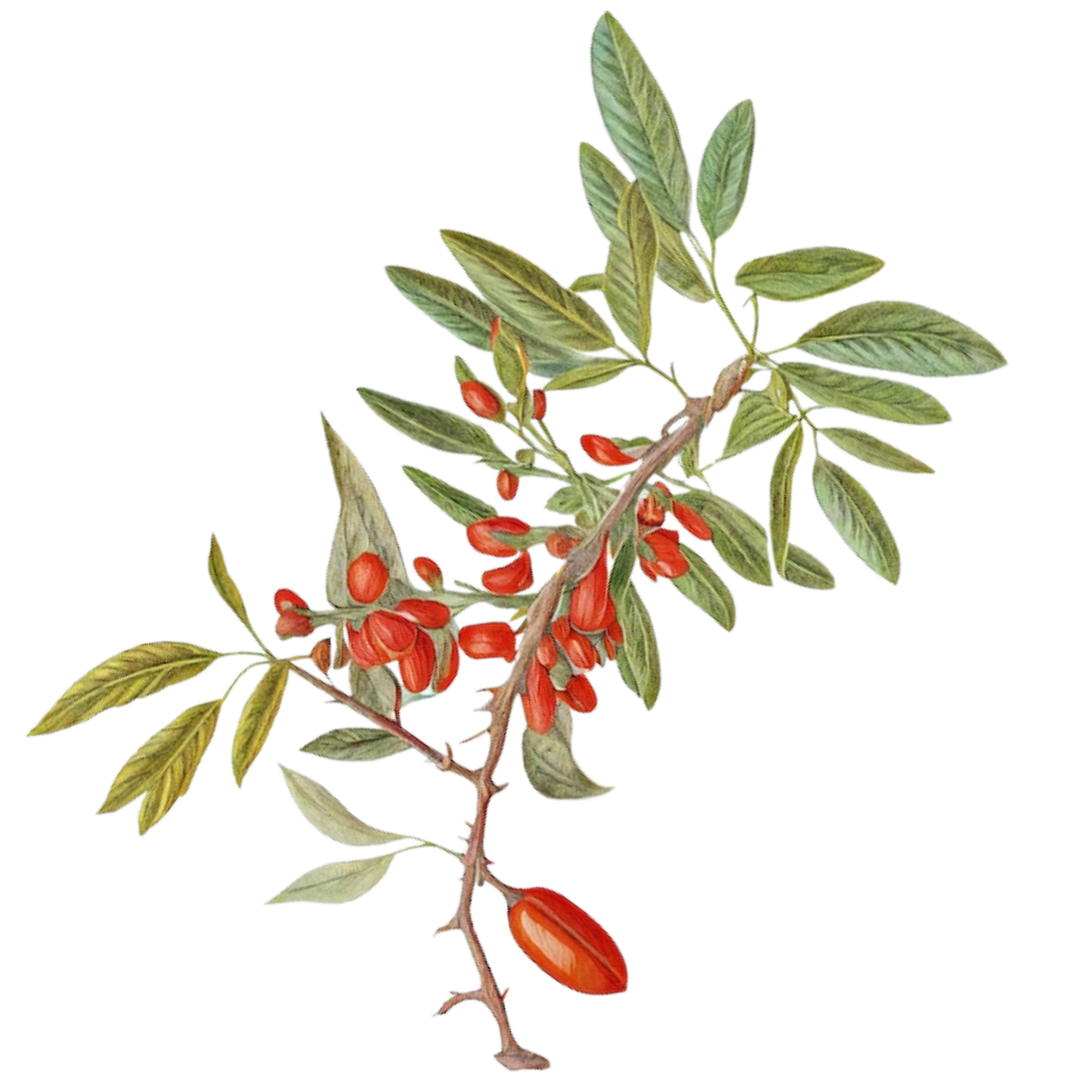
Goji Berries
History:
Traditional Benefits:
Nutrients:
-
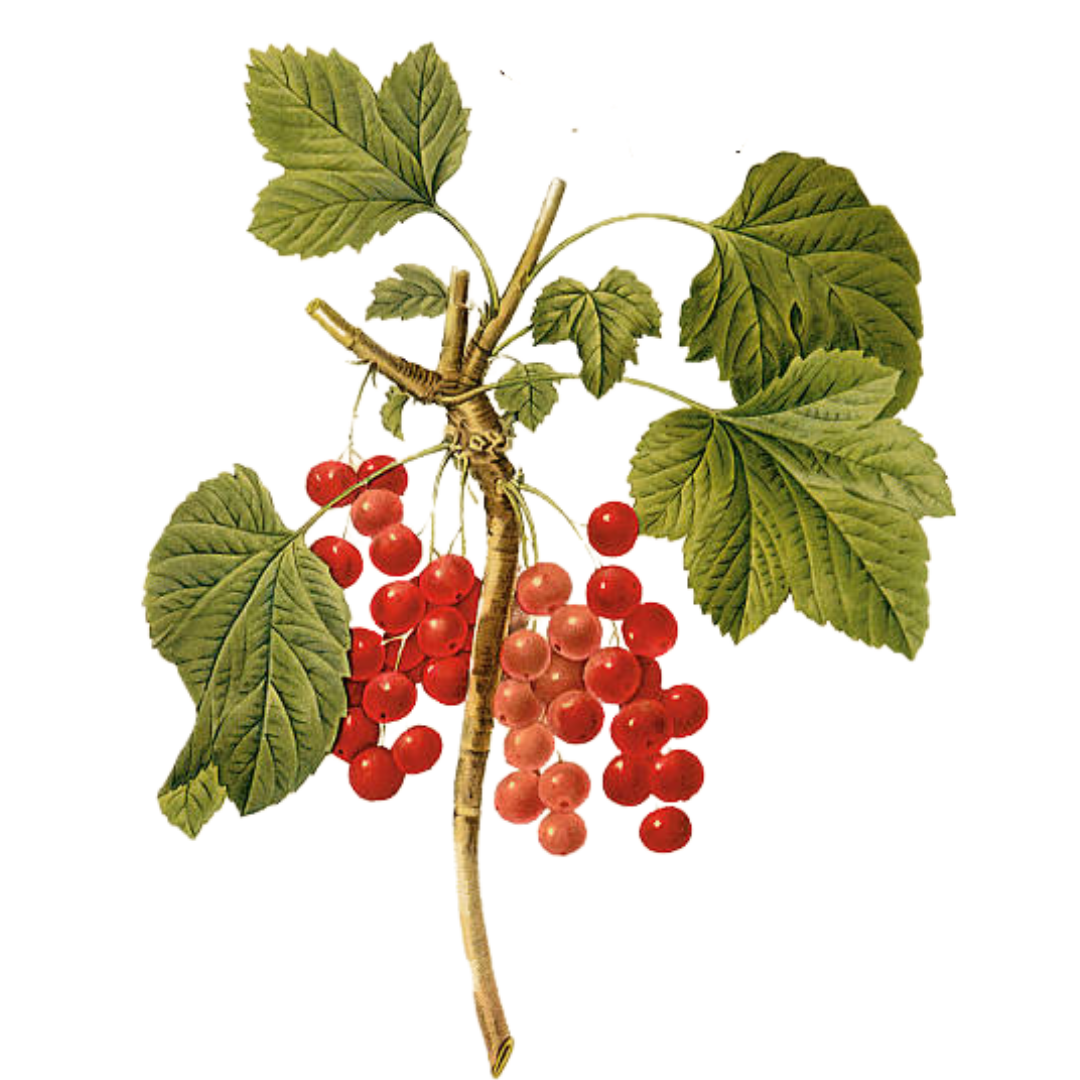
Red Currants
History:
Traditional Benefits:
Nutrients:
-
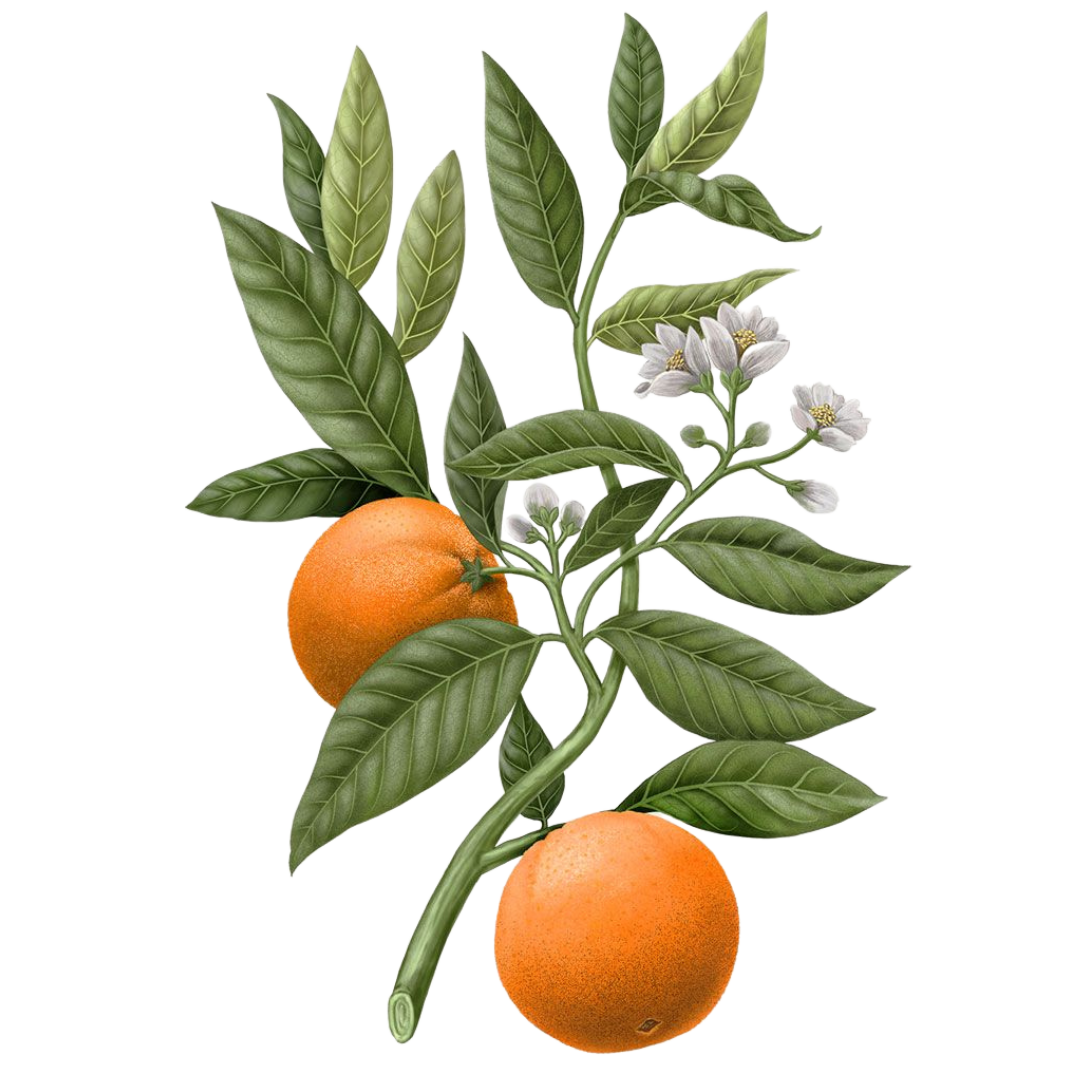
Oranges
History:
Traditional Benefits:
Nutrients:
-
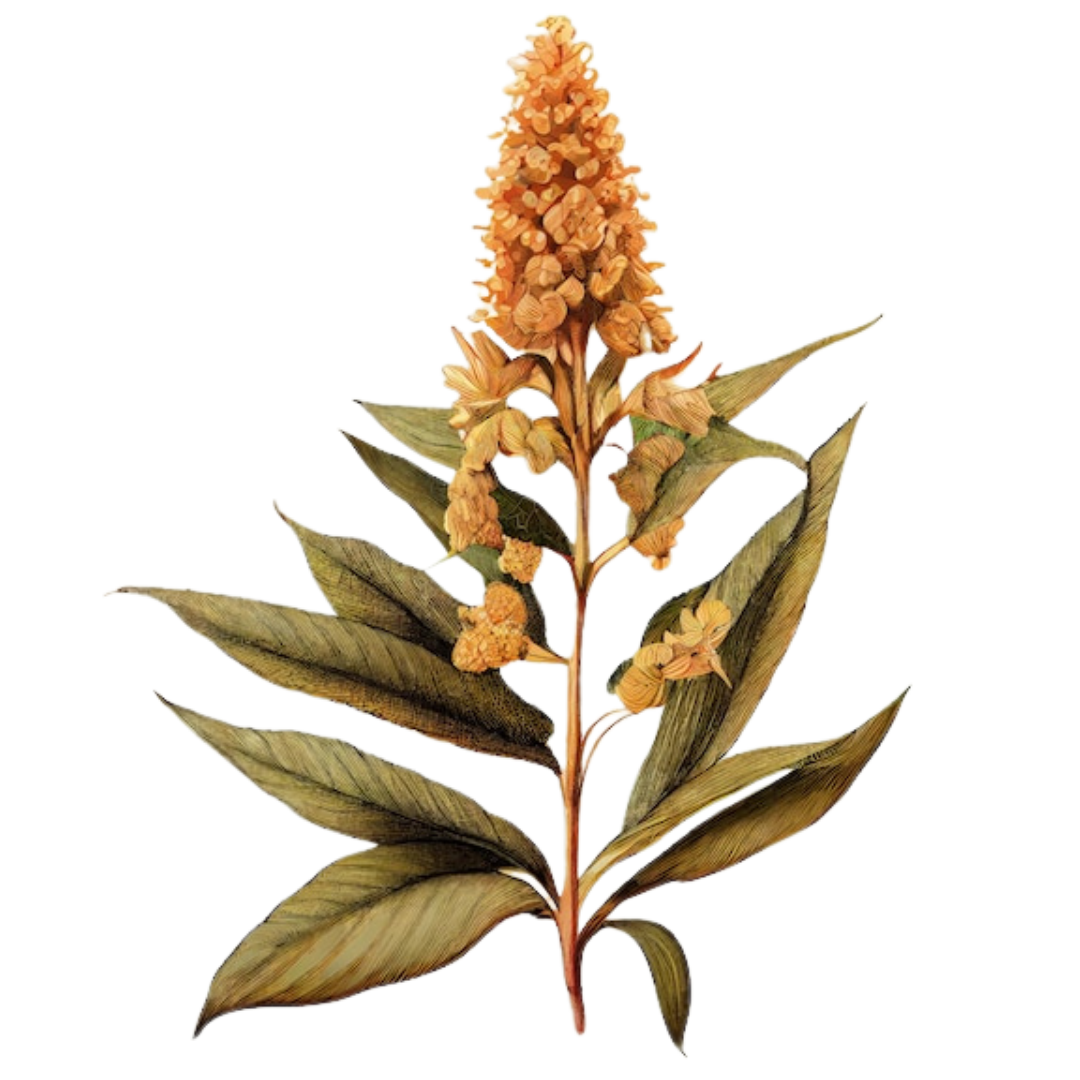
Quinoa
History:
Traditional Benefits:
Nutrients:
-
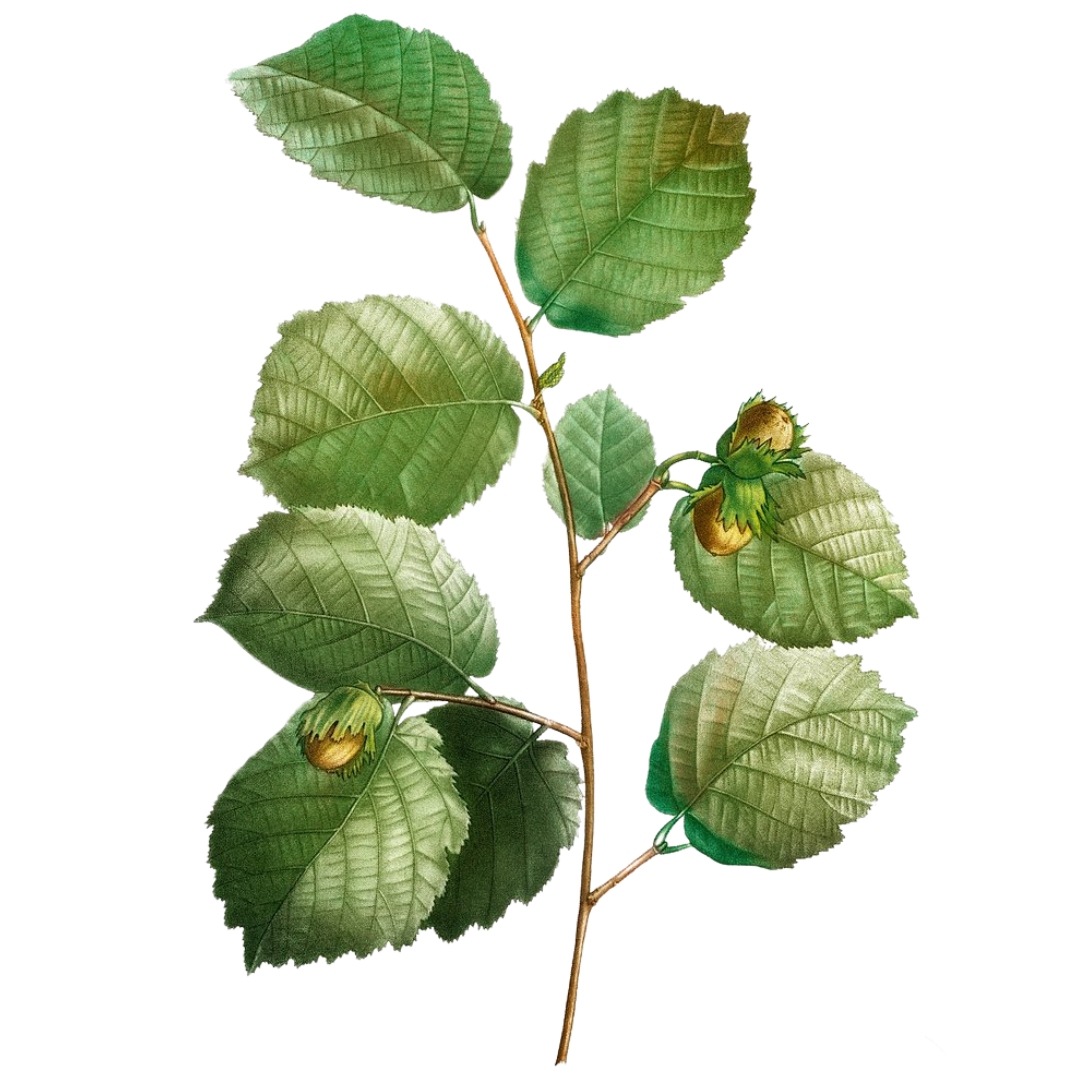
Hazelnuts
History:
Traditional Benefits:
Nutrients:
-
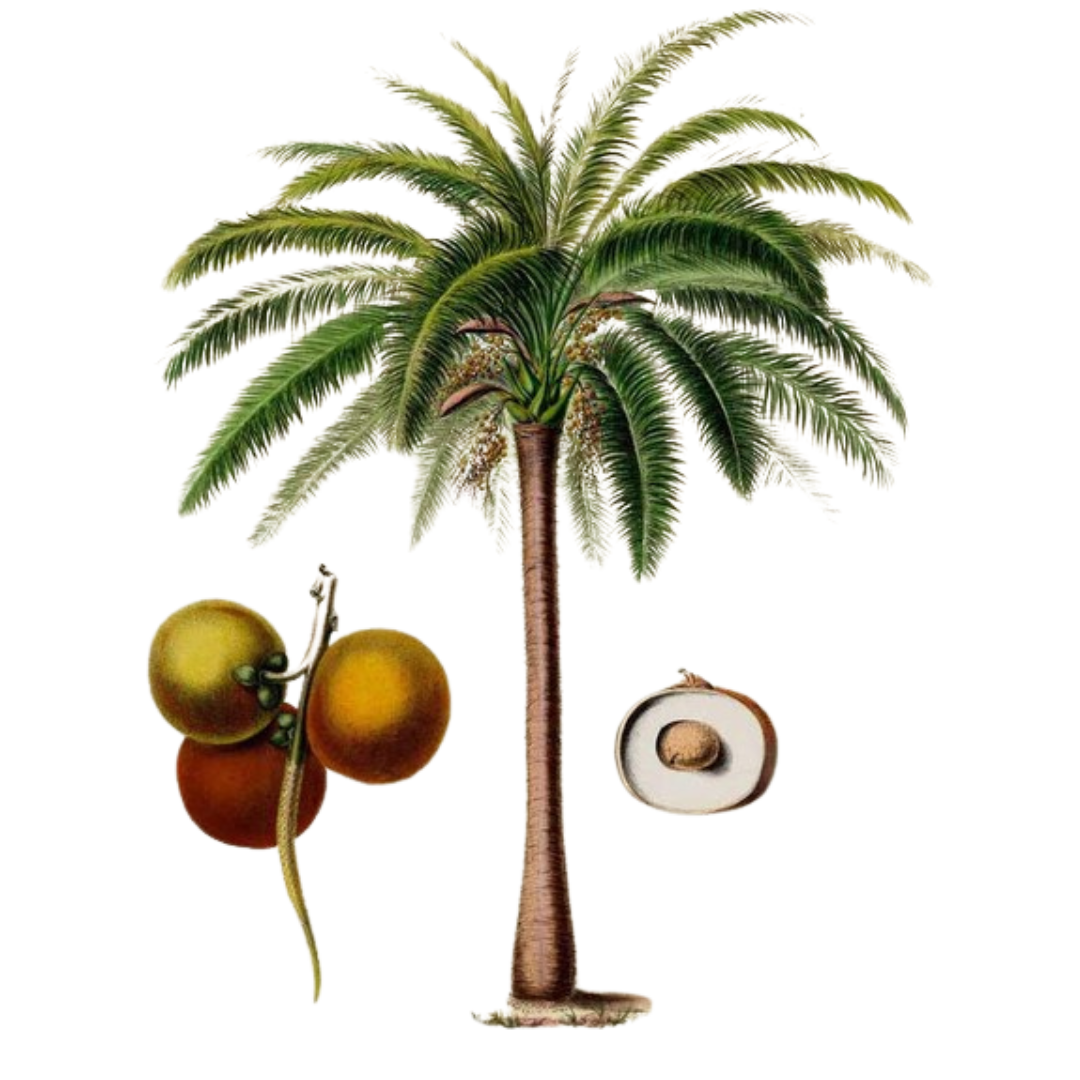
Dates
History:
Traditional Benefits:
Nutrients:

Flax Seeds
History:
Traditional Benefits:
Nutrients:
Used in:
Moonchy Bars Sample Box - 8 Bars To Try Each Of Our 4 Flavors Moonchy Bars Full Cycle Package - 32 Bars For Every Day Of The Month Moonchy Berry Quinoa Box (8 Bars) Moonchy Hazelnut Crunch Box (8 Bars)
Pumpkin Seeds
History:
Traditional Benefits:
Nutrients:
Used in:
Moonchy Bars Sample Box - 8 Bars To Try Each Of Our 4 Flavors Moonchy Bars Full Cycle Package - 32 Bars For Every Day Of The Month Moonchy Berry Quinoa Box (8 Bars) Moonchy Hazelnut Crunch Box (8 Bars)
Sesame Seeds
History:
Traditional Benefits:
Nutrients:
Used in:
Moonchy Bars Sample Box - 8 Bars To Try Each Of Our 4 Flavors Moonchy Bars Full Cycle Package - 32 Bars For Every Day Of The Month Moonchy White Nougat Box (8 Bars) Moonchy Orange Goji Box (8 Bars)
Sunflower Seeds
History:
Traditional Benefits:
Nutrients:
Used in:
Moonchy Bars Sample Box - 8 Bars To Try Each Of Our 4 Flavors Moonchy Bars Full Cycle Package - 32 Bars For Every Day Of The Month Moonchy White Nougat Box (8 Bars) Moonchy Orange Goji Box (8 Bars)
Chia Seeds
History:
Traditional Benefits:
Nutrients:

Cacao Beans
History:
Traditional Benefits:
Nutrients:

Ashwagandha
History:
Traditional Benefits:
Nutrients:

Maca Root
History:
Traditional Benefits:
Nutrients:

Raspberries
History:
Traditional Benefits:
Nutrients:

Goji Berries
History:
Traditional Benefits:
Nutrients:

Red Currants
History:
Traditional Benefits:
Nutrients:

Oranges
History:
Traditional Benefits:
Nutrients:

Quinoa
History:
Traditional Benefits:
Nutrients:

Hazelnuts
History:
Traditional Benefits:
Nutrients:

Dates
History:
Traditional Benefits:
Nutrients:
